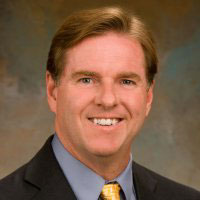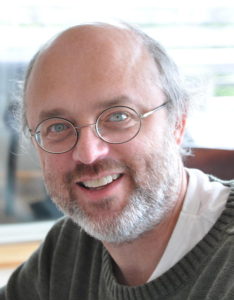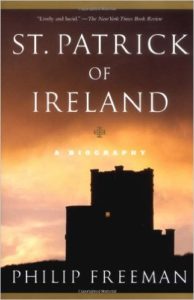Podcast: Play in new window | Download (Duration: 18:41 — 12.9MB) | Embed
Subscribe: Apple Podcasts | Spotify | Amazon Music | Android | Pandora | iHeartRadio | JioSaavn | Podchaser | Gaana | Podcast Index | Email | TuneIn | Deezer | Anghami | RSS | More
 God’s Guidance in Everyday Decisions – “What am I to do?” The Discernment of God’s Will in Everyday Decisions with Fr. Timothy Gallagher
God’s Guidance in Everyday Decisions – “What am I to do?” The Discernment of God’s Will in Everyday Decisions with Fr. Timothy Gallagher
Father Timothy Gallagher and Kris McGregor explore the process of discernment using examples and insights from St. Ignatius of Loyola’s Spiritual Exercises, starting with the importance of seeking God’s will in all aspects of life, whether big or small.
Fr. Gallagher shares examples of discerning small daily choices, such as resolving tension with a friend or inviting someone to a parish event; going further into larger life decisions, such as discerning between marriage and priesthood or a career change. They discuss the complexity of such decisions, where both options are good and significant sacrifices may be involved. The discernment process outlined by St. Ignatius, which will be explored further in future episodes. This process involves prayer, reflection, and seeking clarity through the guidance of the Holy Spirit.
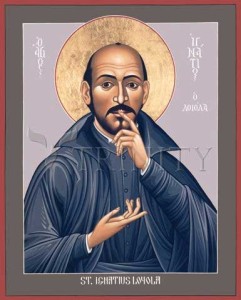 Discerning Hearts Reflection Questions:
Discerning Hearts Reflection Questions:
- How can individuals discern between good and bad choices in their daily lives, according to the principles outlined by Father Gallagher? Discuss the role of the Church’s teachings in this discernment.
- Father Gallagher mentions the discernment between good and good choices, especially concerning one’s state of life. How can one apply this discernment in their own life, considering their specific duties and responsibilities?
- The podcast delves into the importance of small daily choices in aligning one’s life with God’s will. Share personal experiences or thoughts on how these small decisions have impacted your spiritual journey.
- The concept of discerning God’s will in significant life decisions, like career choices or vocation, is highlighted. Discuss how St. Ignatius’s Spiritual Exercises might aid someone in making these significant choices. What process would you personally follow in such discernment?
- Reflect on the story of Robert’s vocational discernment between priesthood and marriage. How does one find clarity in such profound life decisions, and what role does prayer and community advice play in this process?
- The example of Brian contemplating a career shift to become a doctor raises questions about discerning God’s will in professional life. Discuss how one might balance personal desires, family responsibilities, and God’s calling when considering such a major change.
- Father Gallagher underscores the virtue of prudence in decision-making. How can one cultivate this virtue in daily life, and how does it assist in discerning God’s will?
- The notion of living one’s life as a “living sacrifice, holy and acceptable to God” (Romans 12:1) is discussed. In practical terms, what does this mean for a lay Catholic in their everyday life?
- Father Gallagher suggests that discerning God’s will should include an examination of conscience and reflection on daily spiritual experiences. How can one integrate this practice into their routine?
- The podcast concludes with the idea that God cares about even the smallest decisions. How does this perspective influence your view of God’s presence and action in your life? How can you foster a deeper awareness of God’s guidance in every decision you make?
From The Discernment of God’s Will in Everyday Decisions:
“Three Times in which a Sound and Good Choice May Be Made
The first time is when God Our Lord so moves and attracts the will that, without doubting or being able to doubt, the devout soul follows what is shown to it, as St. Paul and St. Matthew did in following Christ our Lord.
The second time is when sufficient clarity and understanding is received through experience of consolations and desolations, and through experience of discernment of different spirits.
The third time is one of tranquility, when one considers first for what purpose man is born, that is, to praise God our Lord and save his soul, and, desiring this, chooses as a means to this end some life or state within the bounds of the Church, so that he may be helped in the service of his Lord and the salvation of his soul. I said a tranquil time, that is, when the soul is not agitated by different spirits, and uses its natural powers freely and tranquilly.
If the choice is not made in the first or second time, two ways of making it in this third time are given below.”
Father Timothy M. Gallagher, O.M.V., was ordained in 1979 as a member of the Oblates of the Virgin Mary, a religious community dedicated to retreats and spiritual formation according to the Spiritual Exercises of St. Ignatius. Fr. Gallagher is featured on the EWTN series “Living the Discerning Life: The Spiritual Teachings of St. Ignatius of Loyola”. For more information on how to obtain copies of Fr. Gallaghers’s various books and audio which are available for purchase, please visit his website: frtimothygallagher.org

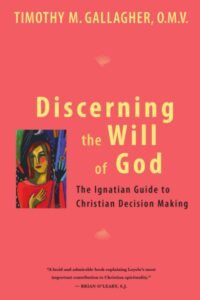


 Msgr. John A. Esseff is a Roman Catholic priest in the Diocese of Scranton. He served as a retreat director and confessor to St. Teresa of Calcutta. He continues to offer direction and retreats for the sisters of the missionaries of charity. He has lived in areas around the world, serving in the Pontifical missions, a Catholic organization established by St. Pope John Paul II to bring the Good News to the world especially to the poor. He is a founding member of the Pope Leo XIII Institute. He continues to serve as a retreat leader and director to bishops, priests and sisters and seminarians, and other religious leaders.
Msgr. John A. Esseff is a Roman Catholic priest in the Diocese of Scranton. He served as a retreat director and confessor to St. Teresa of Calcutta. He continues to offer direction and retreats for the sisters of the missionaries of charity. He has lived in areas around the world, serving in the Pontifical missions, a Catholic organization established by St. Pope John Paul II to bring the Good News to the world especially to the poor. He is a founding member of the Pope Leo XIII Institute. He continues to serve as a retreat leader and director to bishops, priests and sisters and seminarians, and other religious leaders.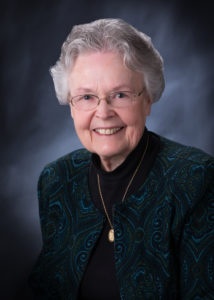
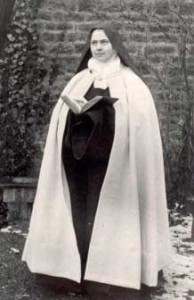

 An excerpt from “Crossing the Desert: Lent and Conversion”:
An excerpt from “Crossing the Desert: Lent and Conversion”: